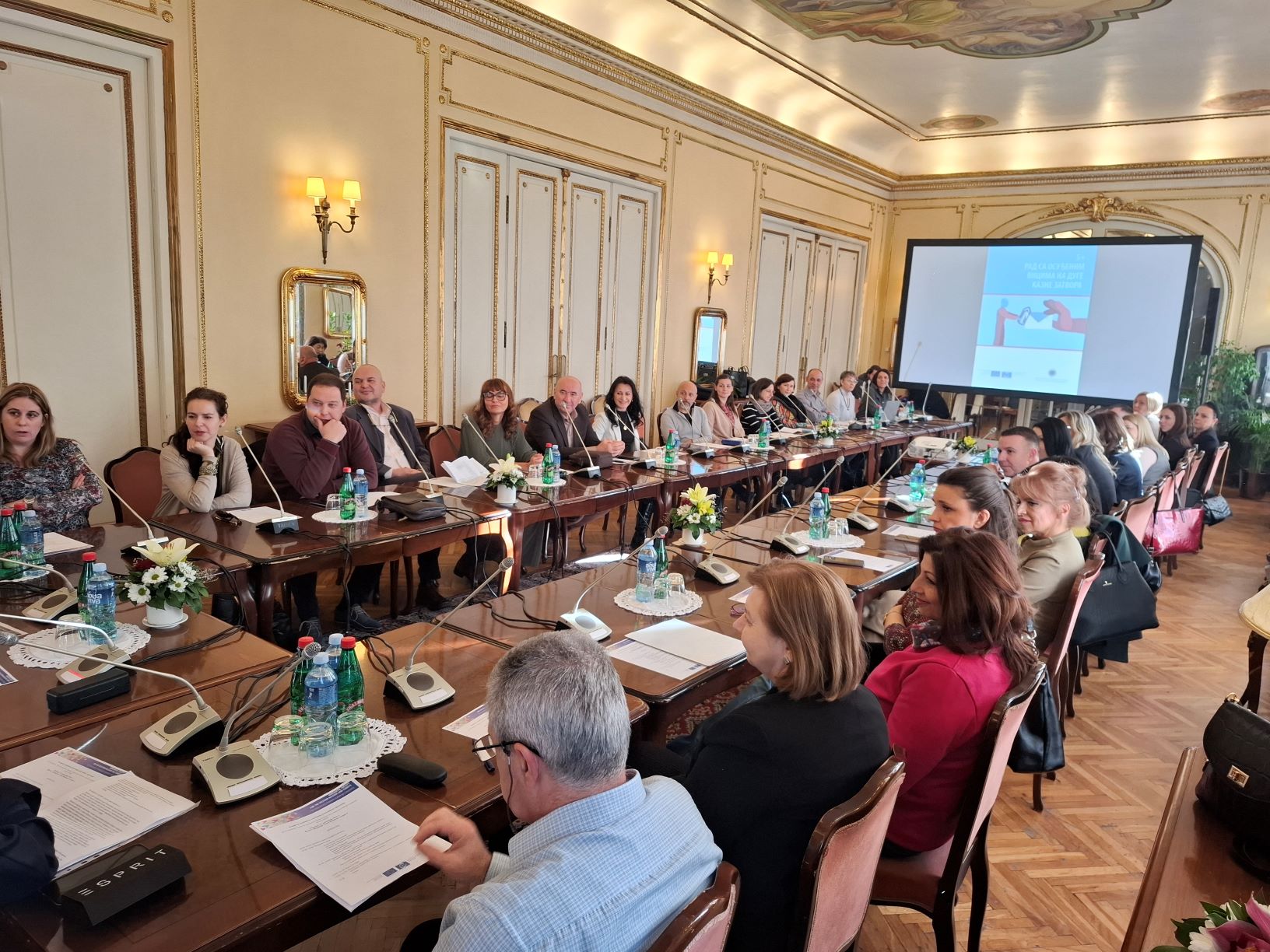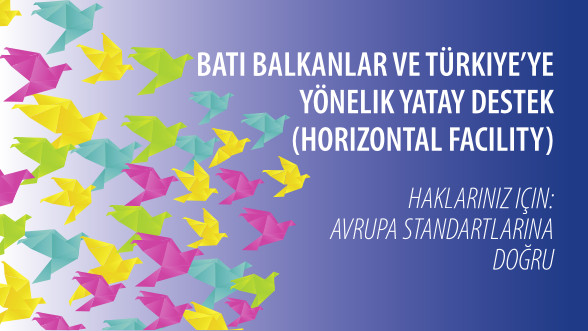Recent efforts across the Western Balkans have focused on improving the treatment of individuals within the justice system, particularly those involved in forensic and prison settings. Our initiatives are aimed at aligning domestic practices with European standards in the field, ensuring better conditions for sentenced persons, forensic patients, and those under detention. These actions emphasise the importance of professional development and the integration of European prison rules to enhance the management of correctional facilities.
The Heads of Treatment Departments from all 29 Serbian penitentiary institutions convened in Belgrade to enhance the implementation of the existing prisoner treatment programmes and prepare for the rollout of new ones in 2025. The meeting, held as part of the Council of Europe and European Union's “Horizontal Facility for the Western Balkans and Türkiye,” marks the fourth annual gathering of prison professionals in Serbia.
In North Macedonia, prison governors managing all the 12 penitentiary facilities in North Macedonia strengthened their managerial skills and knowledge of the European Prison Rules, during the 2-days capacity-building session during 10-11 December 2024 in Gevgelija. The two-day activity focused on key prison management principles, dynamic security and the reporting procedures, prison ethics and oversight, as well as on crisis management and communication.
In Albania, a two-day training brought together 16 professionals representing Lezha provisional institution for forensic patients, the Directorate General of Prison Administration and the Ministry of Health and Social Protection. The capacity building focused on the introduction of the updated “Historical Clinical Risk Management” tool commonly used within prison services, forensic institutions, as well as general or civil psychiatric settings in the Council of Europe member states. This methodology allows prison professionals to determine the presence of 20 violence risk factors in assessed patients, helping to form an objective structured professional judgment.


